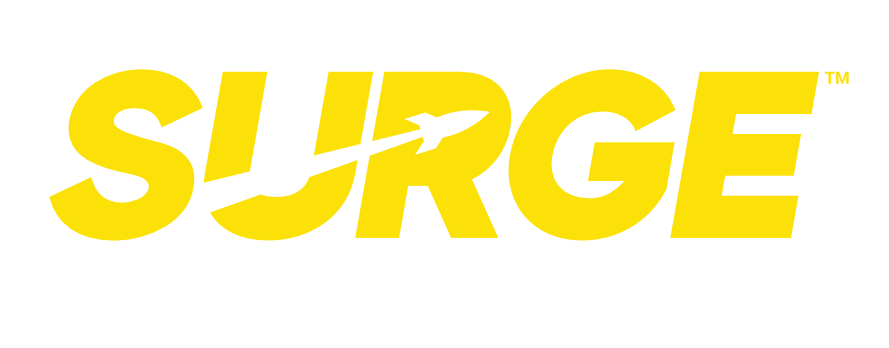Why are service marks and trademarks important for business?
Establishing a strong brand identity is one of the most important actions you can do to ensure success in your business. Why? Because your brand identifies your business with your clients and customers. It’s what they think of as your business, and it’s what they become loyal to.
Colors, fonts, customer service, and slogans are important to establishing a brand identity. Thankfully, the federal government has provided four types of intellectual property (IP) protections for businesses.
Let’s talk about trademark and service mark IP.
These two terms often evoke confusion, but understanding their differences is essential for safeguarding your brand’s uniqueness and reputation. With the goal to educate, we’ll dive into the nuances of trademarks and service marks, explore their significance, and highlight the steps involved in protecting these valuable assets for your business.
Service Mark vs Trademark
When it comes to distinguishing between trademarks and service marks, the main difference lies in the nature of the business. If your small business revolves around the sale of products, obtaining a trademark is the appropriate course of action.
On the other hand, if your business focuses on offering services, businesses can secure a specific type of trademark. This is called a service mark. It simply helps identify the type of business you operate while maintaining all the protections included in its trademark status.
These two types of intellectual property typically encompass names, logos, or other identifiable brand assets.
The Danger of an Unprotected Trademark
Imagine a scenario where your hard-earned trademark is used inappropriately by someone else. The repercussions can be dire, because customer confusion will likely occur. If your customers mistakenly believe they are purchasing a product or service from your brand, only to be redirected elsewhere, it not only hampers your reputation but also leads to lost business opportunities. Trademarks are super important to protect from copy-cats.
Let’s look at a few examples of strong brands that are protected by trademarks. Take, for instance, the iconic red can with white cursive lettering—Coca-Cola. This combination has become instantly recognizable, ensuring that consumers associate it exclusively with the Coca-Cola brand. In stark contrast, the vibrant green can with distinctive, bold white lettering belongs to Mountain Dew.
These two companies have invested considerable effort in crafting unique brand identities to prevent any confusion between their products. The distinctiveness of their protected trademarks shield them from the risk of brand confusion. They understand how important trademarks are for their businesses.
A business that is not protected with trademarks risks losing business if consumers can’t tell brands apart.
Safeguarding Your Trademark: A Vital Endeavor
Small business owners should realize that protectioning their trademarks is an invaluable piece of their business strategy. Protecting this intellectual property provides legal recourse against intellectual property infringement.
So, how can you protect your trademark effectively? Here are a few crucial steps to consider:
- Conduct Thorough Research: Before applying for trademark registration, conduct a comprehensive trademark search to ensure it is not already in use. This process helps identify potential conflicts and allows you to refine your mark. Only a mark that isn’t too similar to one that is already registered will be approved by the USPTO. Distinctiveness is non-negotiable. Because finding a unique trademark name can often be challenging, we offer this service as a part of our trademark package.
- File for Trademark Registration: Once you are confident in the uniqueness of your mark, proceed with the official registration process. This involves submitting the necessary documents and fees to the USPTO. You’ll likely be required to submit additional information to argue the case for your trademark. It’s a lot like going to trial but by email. Because law firms have credibility and authority, they are often able to advance the trademark process for you more quickly. We highly recommend looking into our trademark package because, with it, you can have confidence that every step of your application is complete.
- Enforce Your Rights: Obtaining a trademark registration is only the beginning. It is essential to actively monitor and enforce your rights to prevent infringement. Regularly monitor the marketplace for unauthorized usage, and take appropriate legal action if necessary. For this, a trademark lawyer is immensely helpful.
Conclusion
In the competitive world of business, protecting your brand’s identity and reputation is immensely important. By understanding the difference between these two forms of intellectual property and taking proactive measures against the infringement of trademarks, you can confidently compete in the marketplace, secure your brand’s identity, and ultimately promote your business’ success in your industry.
If you’d like professional assistance to register and protect your trademark or service mark, reach out to us at IowaBusinessLawyer.com. Our dedicated team is equipped with small business expertise to guide you through the details of trademark protection.



